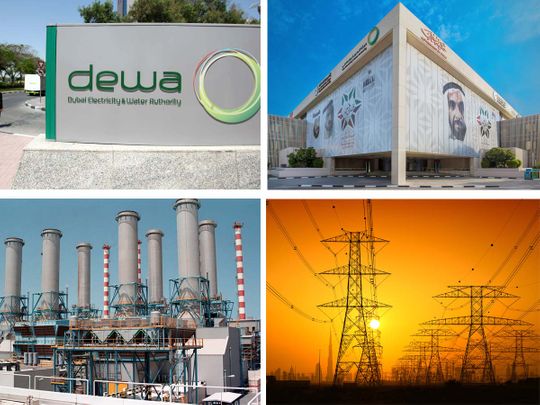
Duba: Dubai Electricity and Water Authority (DEWA) has announced that the number of new electricity connections in Dubai was 68,888 in 2021, while there were 68,315 new water connections in 2021, despite the COVID-19 challenges. By the end of April 2022, the total number of electricity connections in Dubai reached 1,074,583 connections, and the total number of water connections reached 979,230.
Saeed Mohammed Al Tayer, MD & CEO of DEWA, said that year after year, DEWA records an increase in the number of new electricity and water connections in Dubai due to new projects across different economic sectors in the emirate.
“Under the directives of His Highness Sheikh Mohammed bin Rashid Al Maktoum, Vice President and Prime Minister of the UAE and Ruler of Dubai, we continue to provide a robust infrastructure that keeps pace with rapid developments in Dubai. We strive to increase the efficiency and reliability of the electricity and water networks to keep up with growing demand and provide our services to more than a million customers in Dubai according to the highest standards of availability, reliability, efficiency, and safety. This enhances the sustainable development of Dubai. Dubai continues to grow despite the global economic slowdown due to the pandemic. In the past two years, we witnessed an increase in new connections across residential, commercial, and industrial sectors,” said Al Tayer.
DEWA’s total production capacity of electricity is 13.4 gigawatts of electricity and 490 million imperial gallons of water per day (MIGD) of desalinated water. DEWA provides its services to 3.5 million people who live in Dubai and the emirate’s active daytime population of over 4.7 million. These numbers are expected to grow to 5.8 million and 7.8 million respectively by 2040, given Dubai’s 2040 Urban Master Plan, Dubai’s Clean Energy Strategy 2050, and Dubai’s Net Zero Carbon Emissions Strategy 2050, which aims to provide 100 per cent of Dubai’s energy production capacity from clean energy sources by 2050.











